Dad and daughter blend fine wine with fine wool
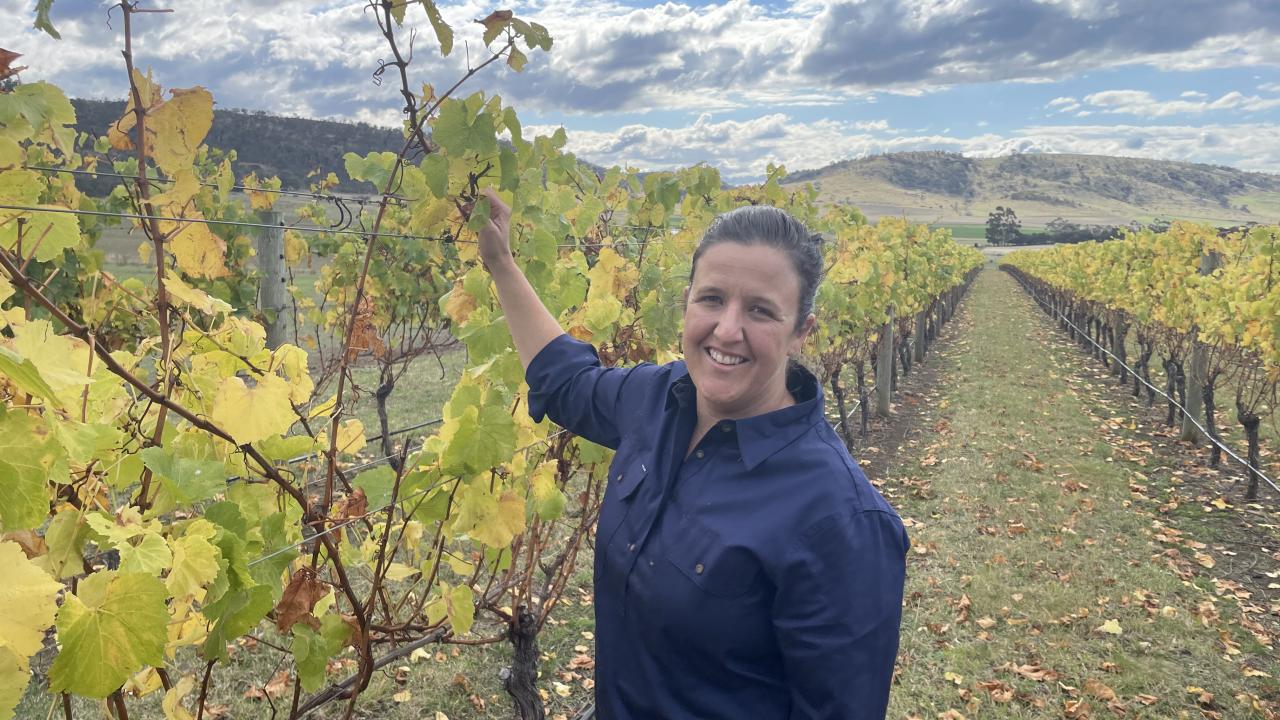
In 1988, Jack Cotton wanted to try something new.
The fifth generation of Cotton’s on Kelvedon Estate – a vast 3000-hectare property on the East Coast overlooking Freycinet – Jack’s primary focus at the farm had been sheep, vegetables and small seed crops.
But Jack had the idea of venturing into something completely different: wine.
“Opportunity knocked, I think,” he said.
“Other people like Spring Vale, Craigie Knowe and Freycinet had already paved the way; they had pioneered grapes on the East Coast.
“I had a good chat with them about it, did a study tour at Margaret River in Western Australia, and did a TAFE course in viticulture.
“We crunched the numbers, and it all stacked up.”
While Kelvedon Estate does have its own wine label, around half of its vintage is sold under contract to Accolade Wine, of which the fruit is made into sparkling wine for the House of Arras Range.
Most of the grapes on the farm are Chardonnay, but Pinot and Sauvignon Blanc varieties are also grown.
The vineyards cover around 9 hectares of the property, with sheep covering a large part of the rest.
The wool from the sheep is shorn on-site, and most of it then goes to Italy, where it is processed and made into superfine woollen suits.
Kelvedon Estate has been in the hands of the Cotton family since 1829.
“They came out from England and had originally planned to settle in New South Wales,” Jack’s daughter Anna Cotton said.
“But they had quite a rough voyage coming over, Francis and my namesake Anna.”
“Anna had put her foot down and said ‘look, we’ve had enough of this boat; we’re getting off here.’
“And they’d heard of good prospects throughout Tasmania. They were in Hobart for a year or two, trying to find a place to their liking.
“Kelvedon came up, and the rest is history.”
The farm previously had cattle, but Jack said the environment was too dry and variable for that type of livestock.
“It’s alright as an opportunity for steers or something like that. But for a breeding herd, it’s just too stressful.”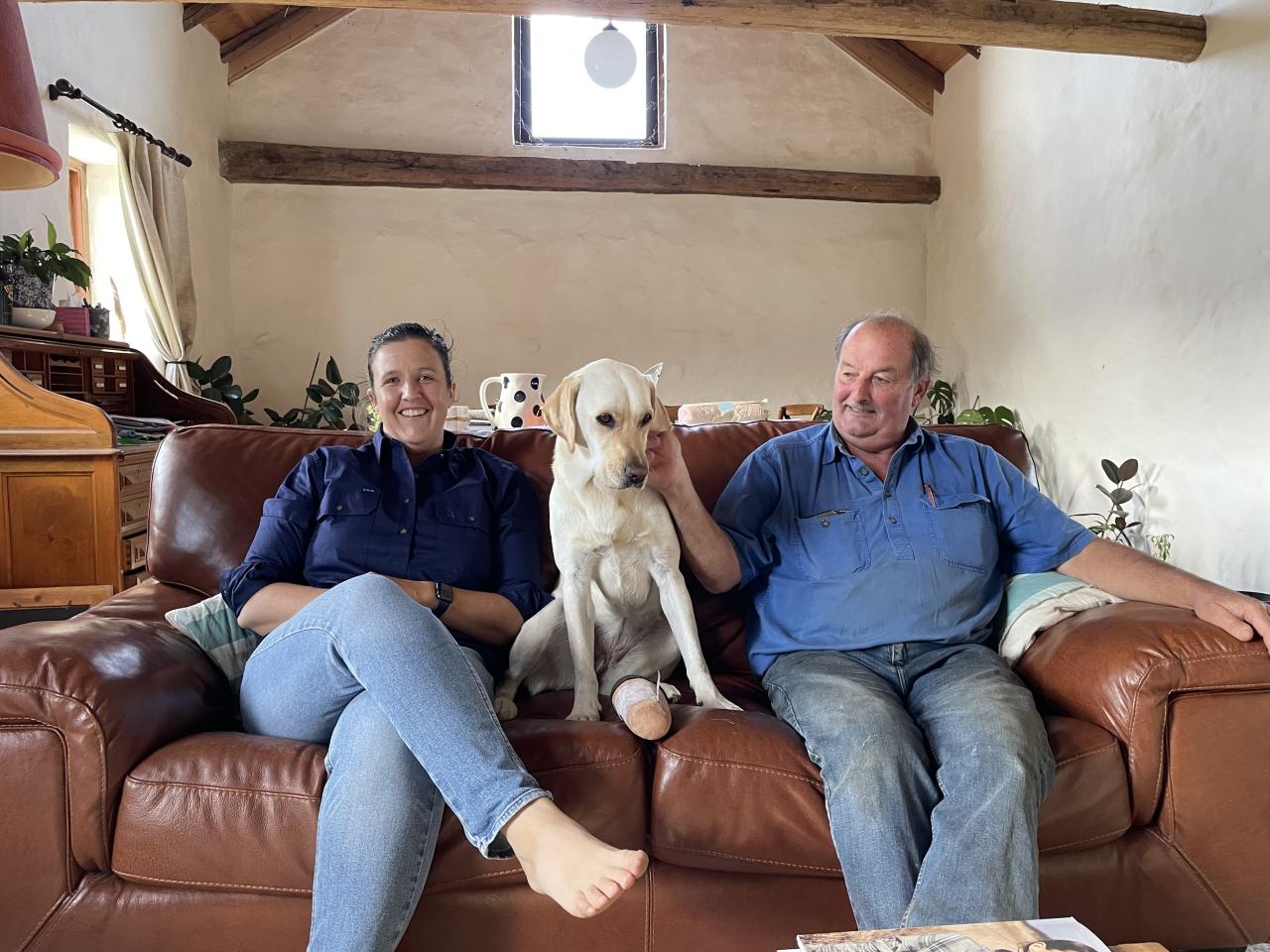
Regarding the Kelvedon Estate wine label, Jack said it was a reasonably small operation compared to some other vineyards on the East Coast.
“COVID knocked things around a bit initially, especially with distributing to Melbourne. That was tough there for a while, and it’s tough again at the moment.
“A lot of restaurants are defaulting on payments and stuff like that, and our distributors have been caught badly a few times.
“It seems a bit more organised in Tasmania, with people paying up.”
Jack said that Kelvedon Estate had considered opening a cellar door at the farm.
“We’ve done a lot of work on that with an architect and a business consultant.
“It certainly would work, but the returns were only borderline, really, when we nailed right into it.
“You’re sort of making a big commitment for yourself once you go along that track, too.
“But it certainly could work, and it could be something to do in the future, but at this stage, we’ve decided against it.”
While Jack says he “loves the grapes”, he describes wool as his “great passion.”
“When you are in the superfine, ultrafine bracket, you’ve got to watch your step with management so you don’t create tender wool and things like that.
“But it's really rewarding when you get it right.”
Kelvedon Estate recently finished in the top 10 of the 2025 Zenga Wool Trophy.
However, Jack said that there were some challenges in the wool industry.
“Up until recently, they haven’t been paying enough for it.
“But from pure supply and demand, it should change around, providing international events don’t stir things up too much.
“Wool has always been vulnerable to anything that happens internationally to upset buyer confidence.”
Jack said there was a good balance between wool and grapes in terms of managing the farm.
“At the moment, because we’ve finished harvesting, the sheep ear in the vines cleaning up the residue.
“But generally it doesn’t clash too much.”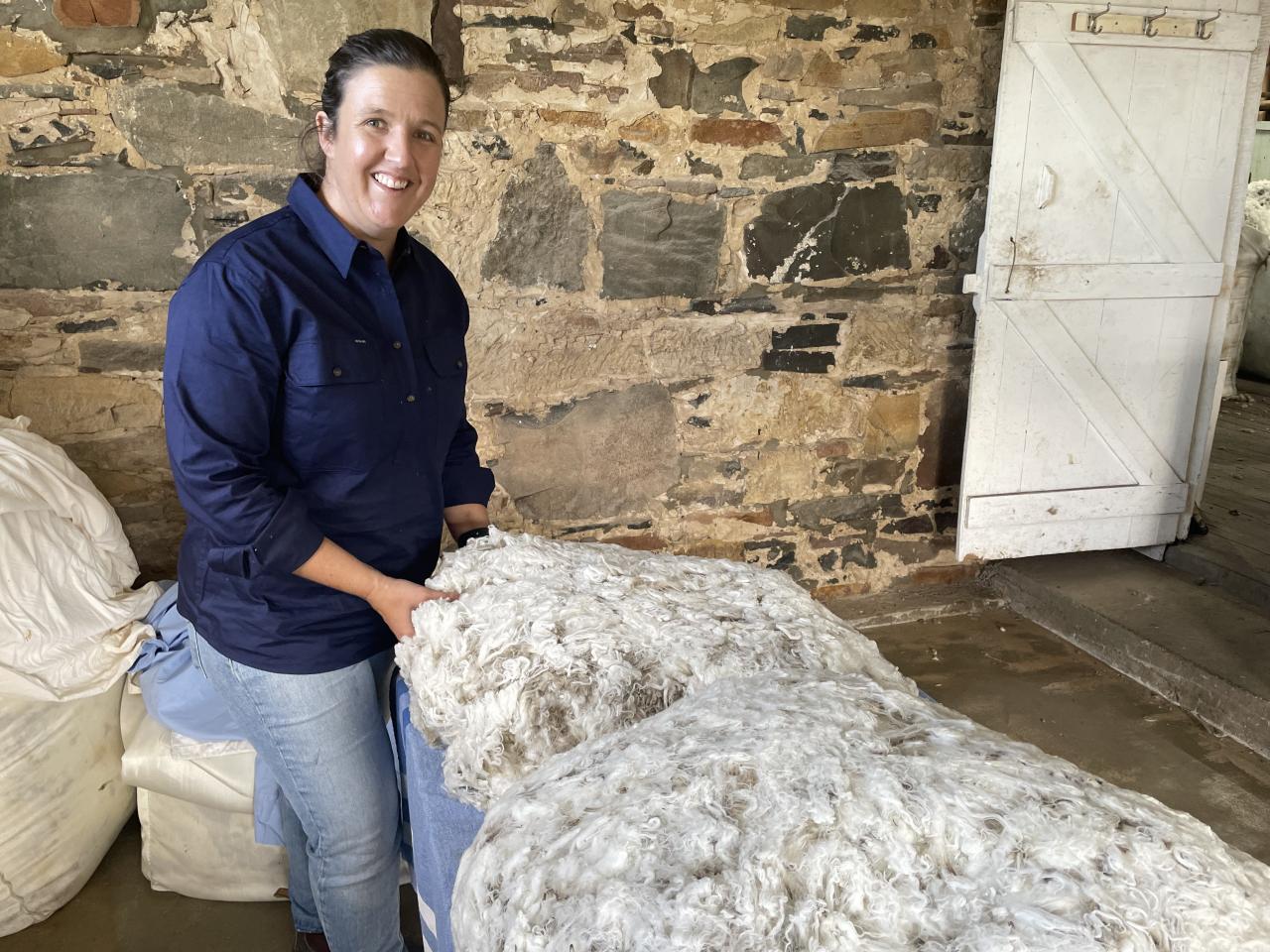
The biggest challenge for Kelvedon was drought.
“We’re renowned for droughts; dry times here are a regular event,” Jack said.
“To mitigate that, we put a stockwater system in quite a few years ago, and that’s been a godsend.”
Fewer people drinking alcohol presents a concern for the grape growing aspect of Kelvedon Estate’s operations.
“The global consumption of alcohol is dropping by 4 per cent per annum,” Anna said.
Jack said that “younger generations are going off grog.”
“I heard that in France this year, or last year, they’ve initiated a thing called dry January, where nobody drinks for the whole of January.
“And the French are renowned for drinking.”
But for the father and daughter duo, having Kelvedon Estate was a blessing.
“It’s a pretty nice place to live. We’re pretty lucky to have our family settle here,” Jack said.
“I love the variety and that every day is different. There’s always a challenge,” Anna added.
“Sometimes you have to problem solve and things like that.
“But at the same time, sitting behind a mob of sheep with the dog is always so satisfying.
“It’s the simple things as well.”

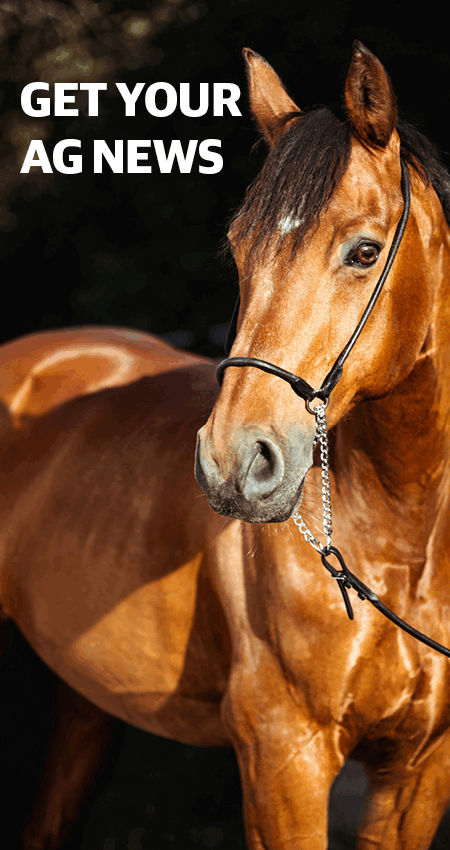
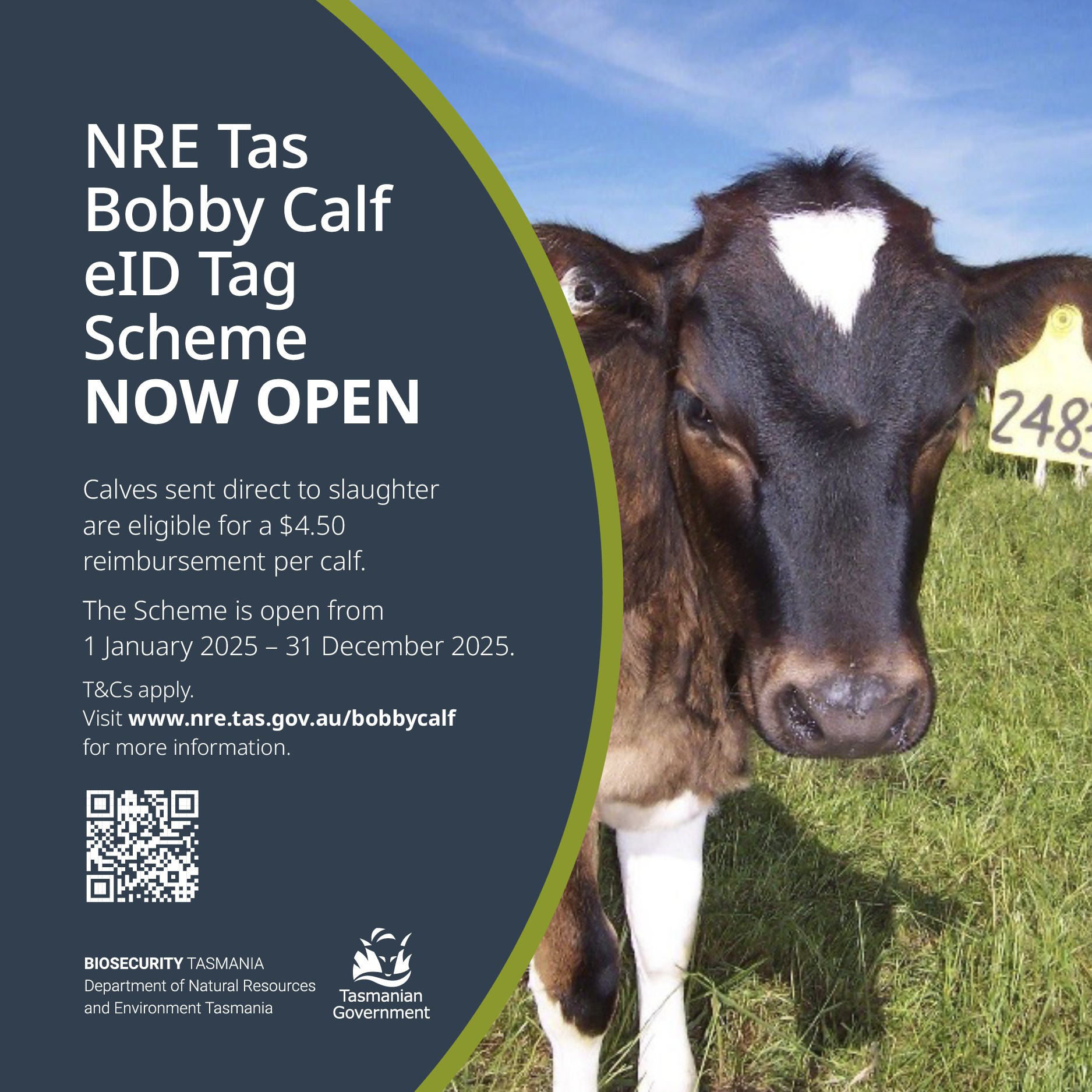

Add new comment